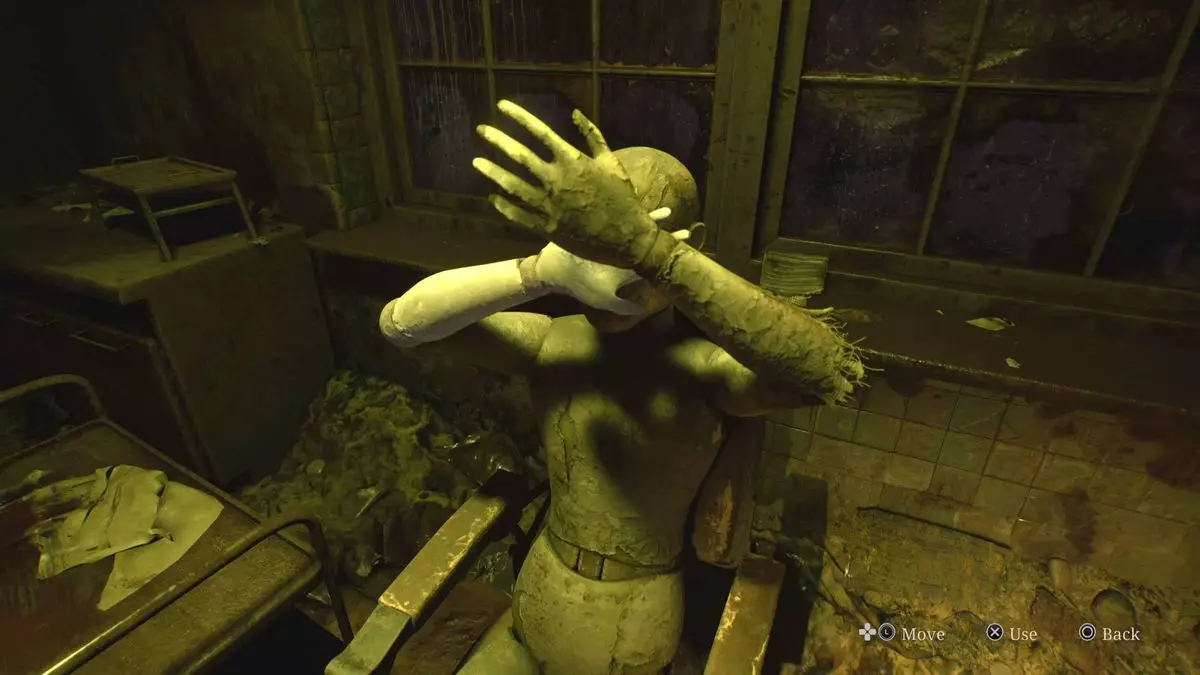The anticipation surrounding the release of the Silent Hill 2 remake has been palpable, but not without its share of controversy. Masahiro Ito, a key figure behind the original and future adaptations of the beloved horror franchise, has recently found himself embroiled in a social media fracas with fans disappointed by alterations made in the remake. His sharply worded tweets have sparked discussions about artistic integrity, community expectations, and the responsibilities of creators toward their audiences.
Fandom often evokes a spectrum of emotions, highlighting both passionate devotion and fervent criticism. For fans, the love for Silent Hill runs deep, steeped in nostalgia and personal connections to the original game. The imminent release of the remake brings with it heightened expectations, transformed into fervent enthusiasm and, unfortunately, harsh scrutiny. Ito’s experience reflects how creators grapple with this duality, especially when their work’s reinterpretation ignites heated debates. The enthusiasm surrounding the remake was evident prior to its release; however, emotions have quickly soured as some fans criticize decisions perceived as negative, particularly grievances regarding character design.
Many have taken to social media platforms to voice their dissent, unrepentantly categorizing Ito’s contributions as flawed. This critique is reminiscent of how digital communities can quickly morph from adoration to disdain. The backlash against artistic choices—especially those altering beloved characters—suggests a real disconnect between creator intent and audience interpretation. Ito’s frustrations point to a broader concern: does fandom tolerate diverse visions for their favorite franchises, or does it insist upon rigid adherence to nostalgic representations?
Ito’s candid responses to the negativity on Twitter unveil a crucial dialogue about the role of social media in shaping conversations around creative works. While social platforms offer immediate access for fans to express their thoughts, they can also become echo chambers where toxic criticisms gain traction. The “disrespectful” comments directed at the cast and creators reveal an often toxic thread woven through online interactions, where anonymity breeds unfiltered hostility.
In his tweets, Ito implored critics to evaluate the facts independently rather than succumbing to the collective discontent experienced online. He expressed concern that many fans, while aiming to voice legitimate worries, resorted to personal attacks, thus undermining the respectful dialogue necessary for constructive criticism. By advocating reasoned discourse, Ito highlights the potential for social media as a tool for meaningful engagement, even while acknowledging its propensity for fueling division.
In a marketplace teeming with competing narratives and evolving technologies, content creators are often left to walk a tightrope between fidelity to source material and innovative reimagining. For Ito, the burden of living up to the expectations surrounding Silent Hill 2 weighs heavily, bearing witness to how beloved franchises can become entwined with personal identities for fans. This connection complicates the relationship creators have with their audiences as any deviation from the original can be perceived as a betrayal.
The implications of this tension are compounded further when audiences express outrage over character transformations, as seen with some fans lamenting the perceived “ugliness” of a character in the remake. Ito’s reticence to engage in further discussion on this topic makes it clear that he seeks to protect the integrity of his work while addressing the grievances of a subset of fans. His pivot toward blocking critical accounts underscores the emotional burden that creators can endure when confronting relentless negativity.
The narrative surrounding the Silent Hill 2 remake serves as a prism through which the challenges of fandom, creator autonomy, and social media discourse come to light. As Ito engages with his audience, he calls for a collective maturity—reminding fans that while criticism is a valid part of artistic expression, it should be couched in respect and understanding.
As the gaming community continues to dissect and discuss the Silent Hill 2 remake, it remains vital for both fans and creators to foster environments of constructive engagement. After all, the love for narrative-rich, immersive experiences should unite us rather than divide us, illustrating that through dialogue, even passionate disagreements can lead to better understanding and recognition of artistic growth.

